Check out our 20 best music production tips of 2019. Learn the tricks of the trade and the tools to create high-quality, professional sounding music.
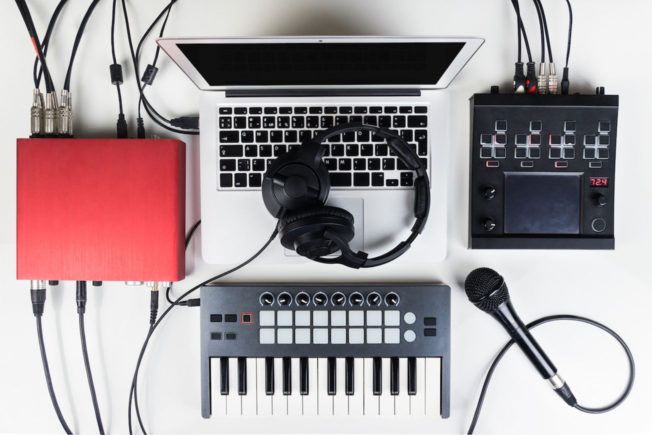
Music Production Tips
Music production is one of the most exciting pursuits in the music industry. It’s the creative force behind the music we all know and love. From recording to marketing and beyond, this creative field is the lifeblood of the music industry.
This year-end roundup looks back at our best music production tips of 2019. These guides will further develop your musical knowledge, skills, and creativity as a music producer. You’ll also learn the technology music producers use to create professional sounding music.
1. 5 Stages of the Music Production Process

This guide looks at the five stages of music production. Learning how to manage them will help you navigate the music production process and increase workflow.
2. 10 Easy Tips for Editing Midi Notes in Ableton Live
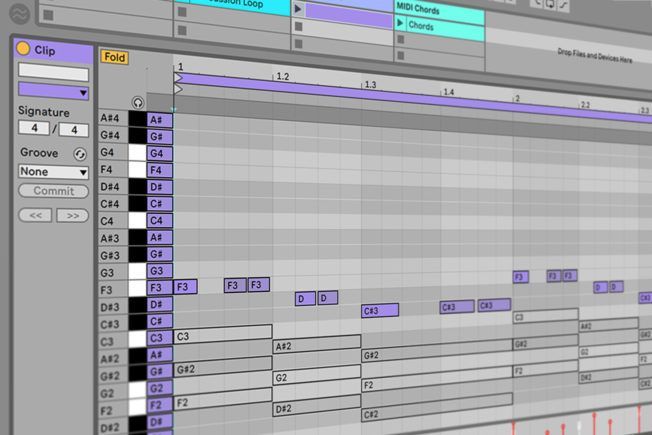
Learn how to work with MIDI notes in Ableton Live. This guide looks at ten creative MIDI editing techniques that will improve your music composition workflow.
3. Tips on How to Write Better Melodies

What is a melody, and why is it important? Learn how to create both effective and memorable melodies. This guide will help you develop your melody writing skills.
4. Learn How to Improve Progressions with Chord Inversions

What are chord inversions? This basic music theory guide looks at how chord inversions and voice leading chord progressions keep music sounding interesting.
5. The Ultimate Guide to Learning Audio Compression
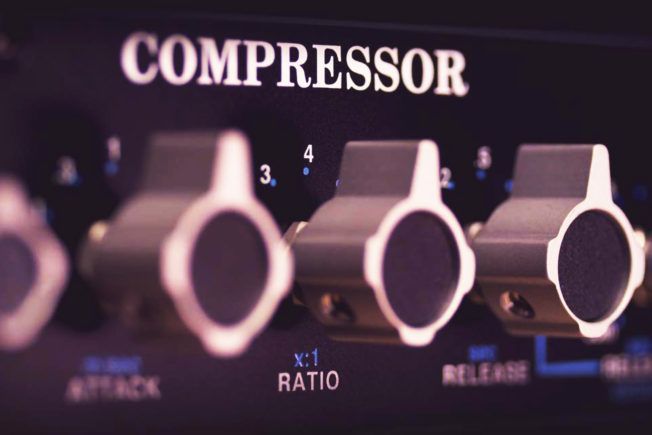
What is audio compression? This beginner’s guide looks at the fundamentals of dynamic compression and how to use a compressor.
6. 5 Ways to Spark Inspiration in Ableton Live

Stuck on starting a song and need inspiration? This guide looks at five techniques that will help you jump-start creativity when starting a new song in Ableton Live.
7. How to Write Memorable and Catchy Song Lyrics

This songwriting guide breaks down the song lyrics from popular artists to help you develop a foundation for writing catchy lyrics.
8. Basic Music Theory: Learn the Circle of Fifths
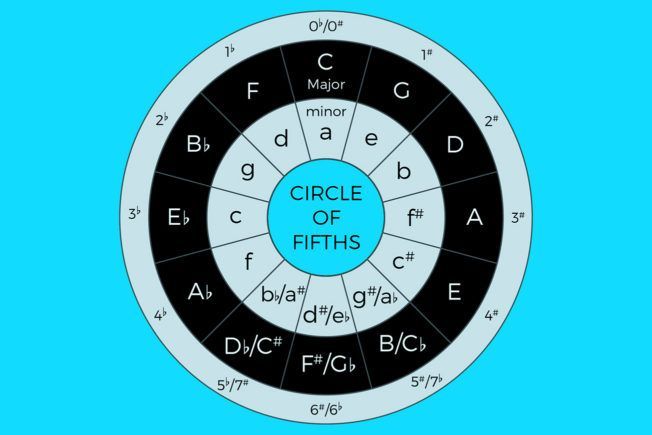
What is the Circle of Fifths? Learn how to use the Circle of Fifths to understand basic music theory and to improve your songwriting skills.
9. Icon Picks: 10 Best Synth Plugins
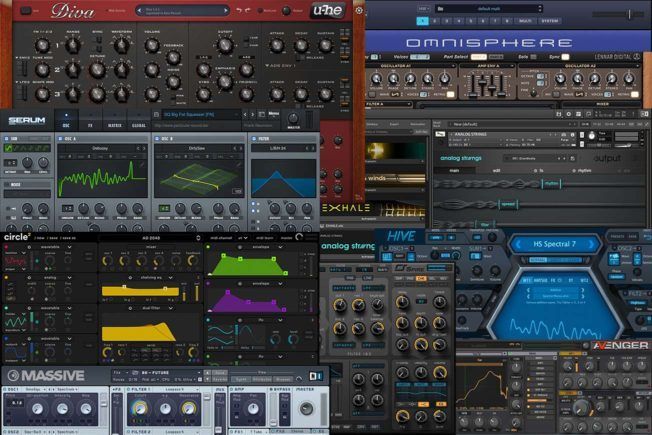
What are the best synth plugins? This ICON Picks roundup features ten popular virtual synthesizer instruments that deliver big on sound and features.
10. Learn How to Improve Your Music with Music Modes

What are music modes? Michael Emenau explains the musical theory behind modes, how to construct them, and how they differ from regular scales. He also shares tips for using modes in your music.
11. What Is Modulation and How Does It Improve Your Music
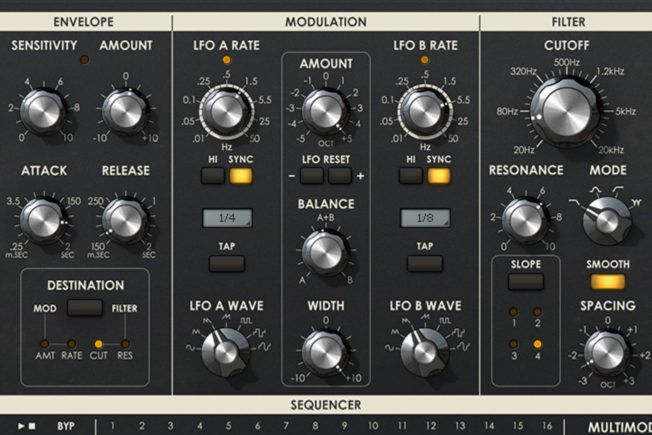
What is modulation in music production? Learn how the different modulation effects and techniques can make your music more interesting.
12. How to Warp Tracks in Ableton Live Quickly
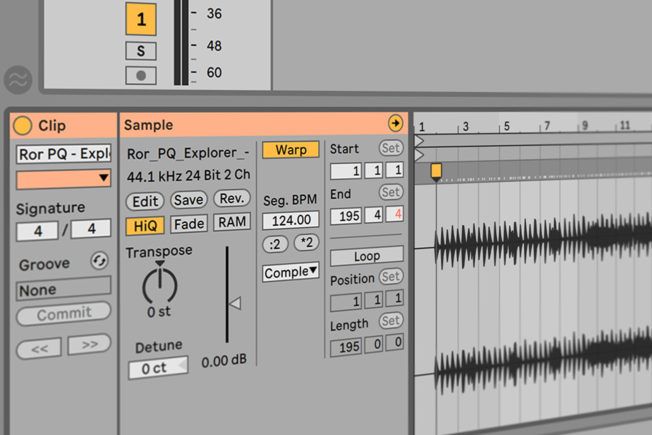
This first part in a series of Ableton Live warping techniques teaches you how to warp tracks with a fixed tempo. Learn how to time-stretch audio for remixing and live performances.
13. How to Warp Vocals in Ableton Live Quickly

Learn how to warp vocals and acapellas in Ableton Live. These warping techniques show you how to time-stretch audio without a fixed beat.
14. What Is Multiband Compression and Why You Need It
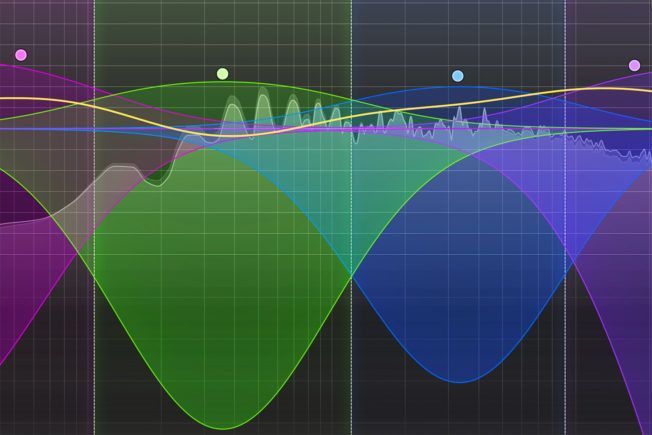
What is multiband compression, and why should you use it? This guide looks at five ways multiband compression can improve your mix.
15. Song Finishing Checklist: 10 Ways to Finish Your Mix

This song finishing checklist will help you work through your mix and take it to completion. Use it to identify and fix issues with your project.
16. Learn 3 Common Chord Progressions That Sound Great

What are the most common chord progressions? Learn about three of the most common chord progressions used in popular music.
17. How to Move Projects Effectively to Another Computer

Learn how to share or move projects to another computer without problems. This guide shows you how to manage project folders for Ableton Live and Logic Pro X.
18. Icon Picks: 10 Best Chord Generator Plugins

What are the best chord generator plugins? This ICON Picks roundup features ten composition tools to help you create chord progressions and melodies.
19. Why Music Producers Should Play an Instrument
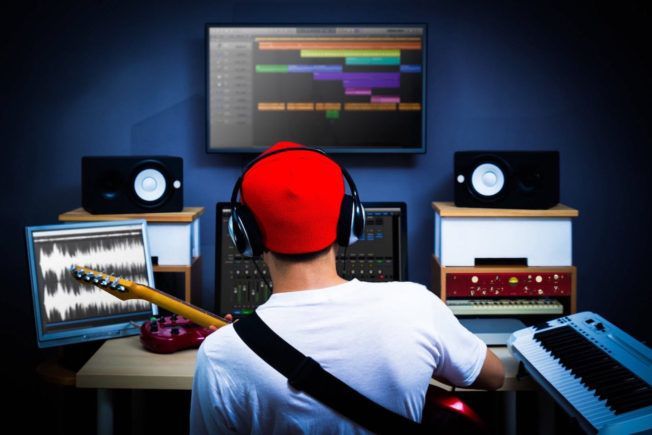
Should music producers know how to play an instrument? Harry Levin explores the benefits of learning how to play an instrument.
20. Learn Reharmonization and How to Reharmonize a Song
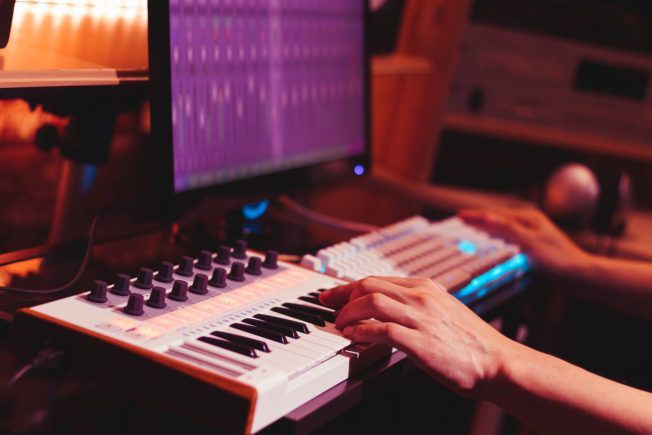
What is reharmonization? Michael Emenau explains the musical theory behind reharmonization. He also shares tips on how to reharmonize a song using SOS by Avicii.

Turn your passion for music into a Profession: Learn more about our Music School Programs!
Join our Newsletter
Get the the latest music industry insights, invites to exclusive events and workshops, and artist spotlights straight in your email.
MORE ARTICLES FROM THE ICON BLOG
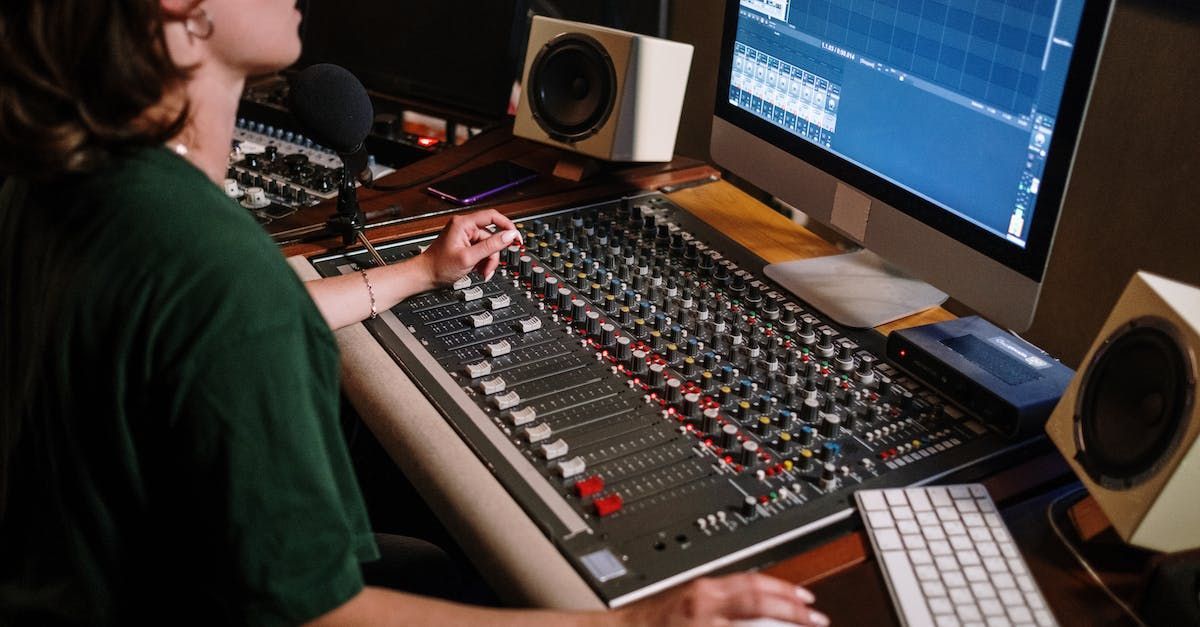
FIND YOUR SOUND, HONE YOUR CRAFT:
Are you ready to turn music into a career? ICON prepares students to become music producers, composers, performers, recording artists, professional DJs, and entrepreneurs in the entertainment industry. Click below to get information about our award-winning programs:

